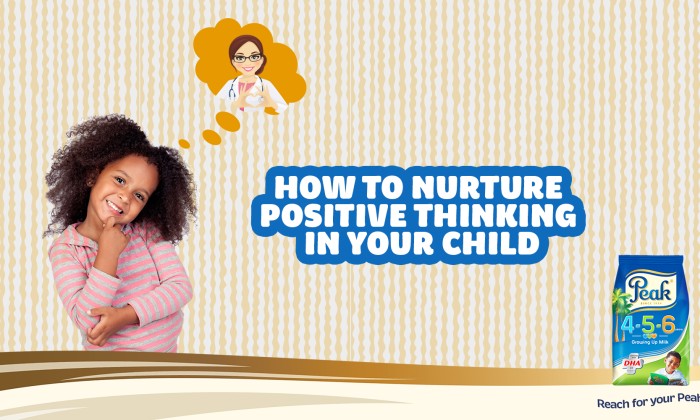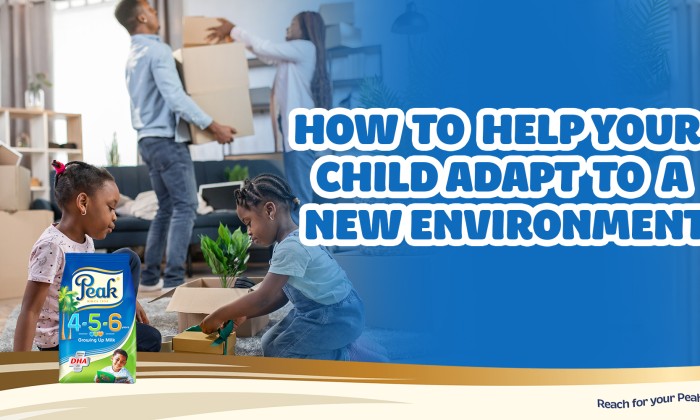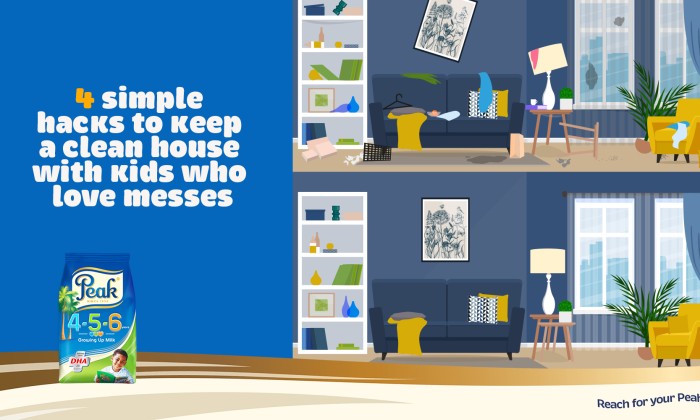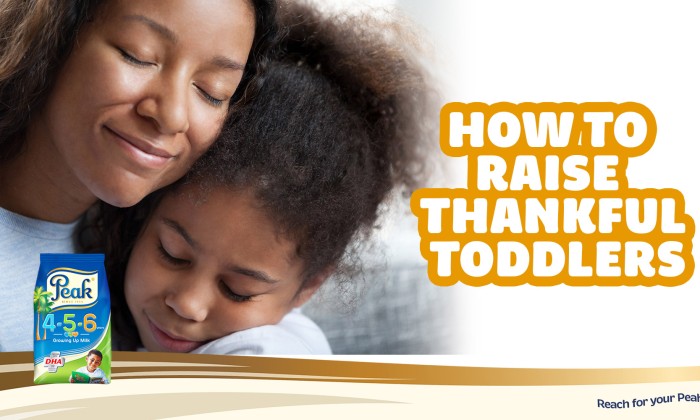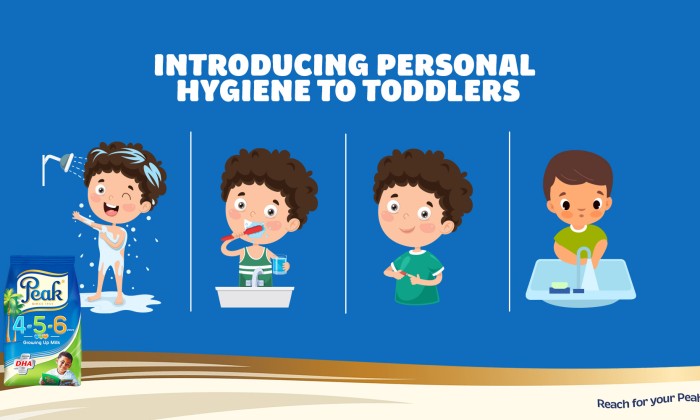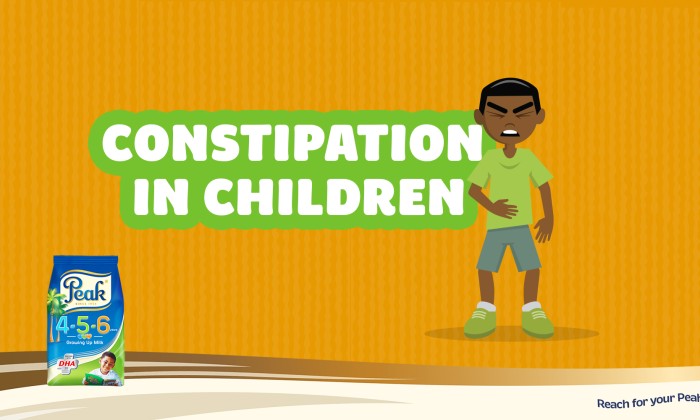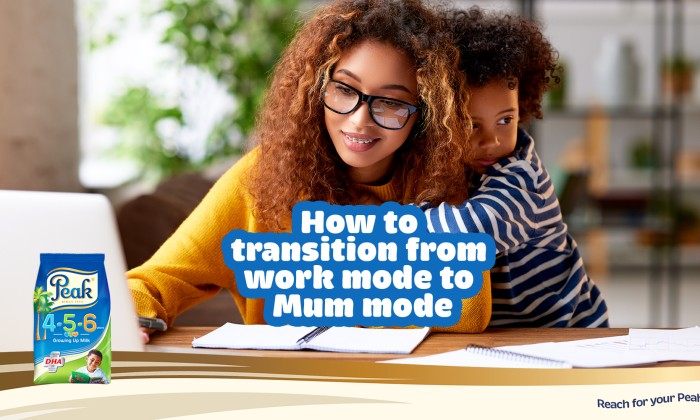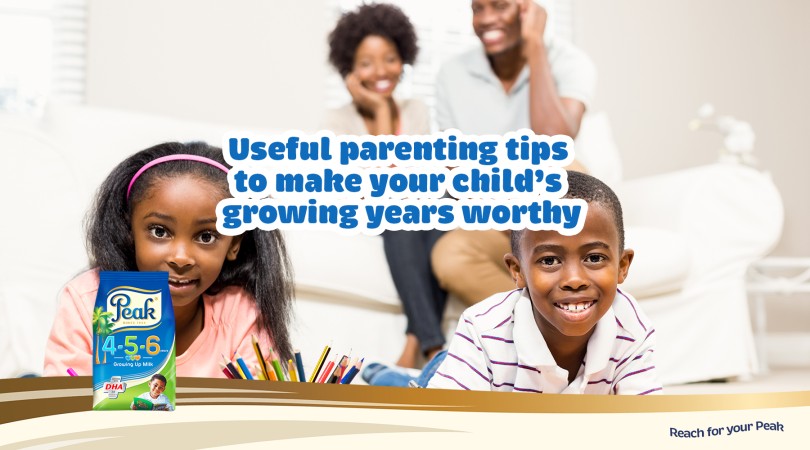
Useful Parenting Tips To Make Your Child’s Growing Years Worthy
There’s this saying, “train your child in the way you want him/her to grow, and when they are grown, they won’t depart from it.”
From that first touch and look, to later years, a parent is responsible for making the tiny infant into a well-grown, responsible and caring adult. This list of child development tips is not gender-specific and is equally applicable to both parents.
1. Be Positive
Children can easily sense negativity. No matter how young your child is, discuss your problems with him and how you handle them. Encourage your child to participate with you in different small household tasks. Teach him how to be creative and how to solve problems with a positive attitude.
2. Be Sensitive to Your Child’s Needs
Irrespective of how small your child’s needs are, understanding and fulfilling them is very important to help your child realise that you are there for him at all times and that his needs never go unheard.
3. Be Emotionally Present
Encouragement and love yield good fruit only when they are cultivated, worked on, nurtured & pruned. Show your child that he is loved all the time and that you are always there for him, no matter what.
4. Communicate Effectively
Talk to the child and hear what he has to say before jumping to conclusions. In every conversation, make sure you think from your child’s perspective and let him express himself. Remember, positive feedback is always better than negative punishment or blames.
5. Be Affectionate to All
Children pick up what they see/hear at home. To a child, using harsh words, quarrelling loudly, constantly fighting, incorporating bad habits, and swearing feels absolutely normal if he sees the same at home.
6. Set Routines for Play, Eating and Sleep
A good routine can help set good habits for the future. If you stick to a fixed routine, eat and sleep on time, refrain from watching the television during meals, then your child too will pick up these lessons and follow a routine.
7. Assure Your Unconditional Love and Support
If your child fails at something, make an effort to understand why and what to do before you criticise him. But over that, tell him that mistakes do not reduce the love between people.
Parents must remember that supportive families encourage each other to learn and offer the possibility to be better. Therefore, you must create an environment that motivates your child to participate, educate, and practise all the good habits you want him to inculcate.




